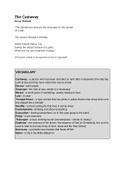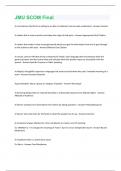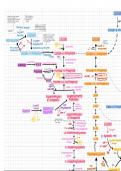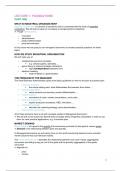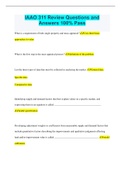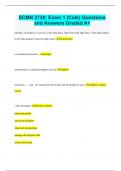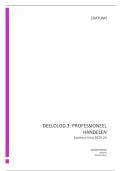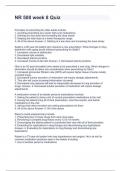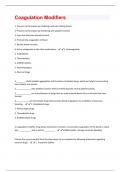Summary
Summary Poem Analysis of 'The Castaway' by Derek Walcott
Here is a detailed analysis of Derek Walcott’s poem “The Castaway”; it’s tailored towards students taking the CIE / Cambridge A-Level syllabus but will be useful for anyone who’s working on understanding the poem at any level. Great for revision, missed lessons, boosting analytical / r...
[Show more]
